Dental Treatments
Common reasons people visit us
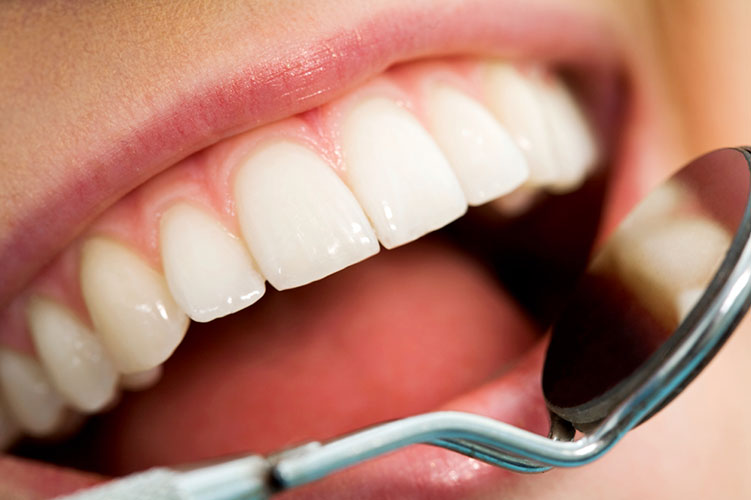
6 Month Check Up (active maintenance)
Regular 6 monthly check-ups are encouraged with the hygienist or Dentist to allow regular removal of bacterial build up (plaque and tartar) and to regularly review the condition of your teeth. This coupled with good home care ensures your teeth remain in good condition and often minimise the need for difficult and costly repairs.
Think of it like servicing your car, your teeth need regular care to help maintain their health and keep everything running smoothly.
Visit www.healthysmiles.org.nz/your-oral-health/adults for more information

Toothache
We all know how unpleasant tooth pain can be. With dedicated daily emergency appointments we aim to get you out of pain and on with your day promptly.
Phone early in the day so you don’t miss out.
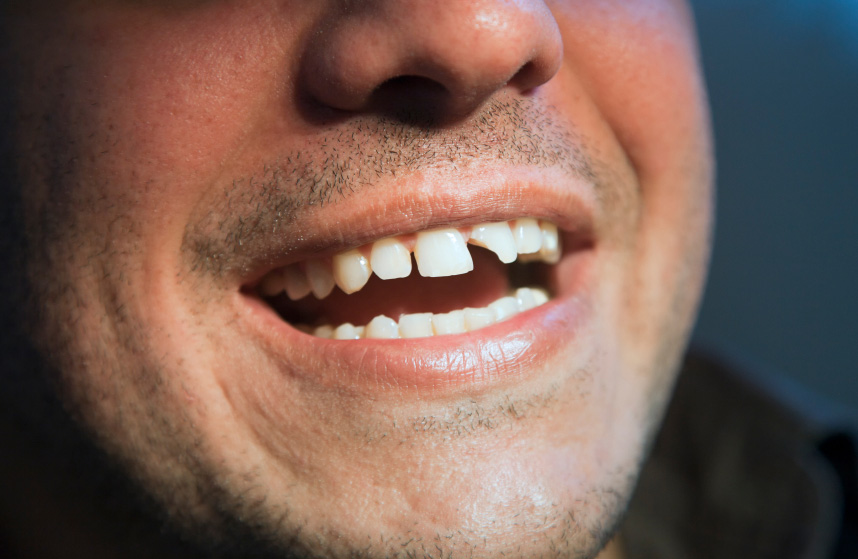
Broken/Chipped Teeth
Teeth can break for many different reasons. Often the cause of the break is due to decay undermining the tooth surface. This can be prevented by regular x-rays and checks to catch any decay early. Left untreated it can lead to further cracking of the tooth and or damage and infection of the tooth nerve and result in the tooth becoming discoloured, loose or needing to be extracted.
There are many different ways you can fix a tooth once it is cracked or broken. These can range from a simple white filling to a more complex crown or bridge solutions. If the crack or break has affected the root of the tooth then a root filling is sometimes required. The Dentists at Dental Care Centre can help you choose the right option for you.

Missing Teeth/Gaps in smile
Take a book from the shelf and the rest fall over. Similarly remove a tooth from the mouth and over time the remaining teeth can twist and tip. This can cause problems for eating and can increase the pressure on the remaining teeth which can cause them to break more easily.
There are many ways to replace teeth, these can include crowns, partial dentures and implants to name a few. Let us talk you through the options to help you decide on the right option for you.
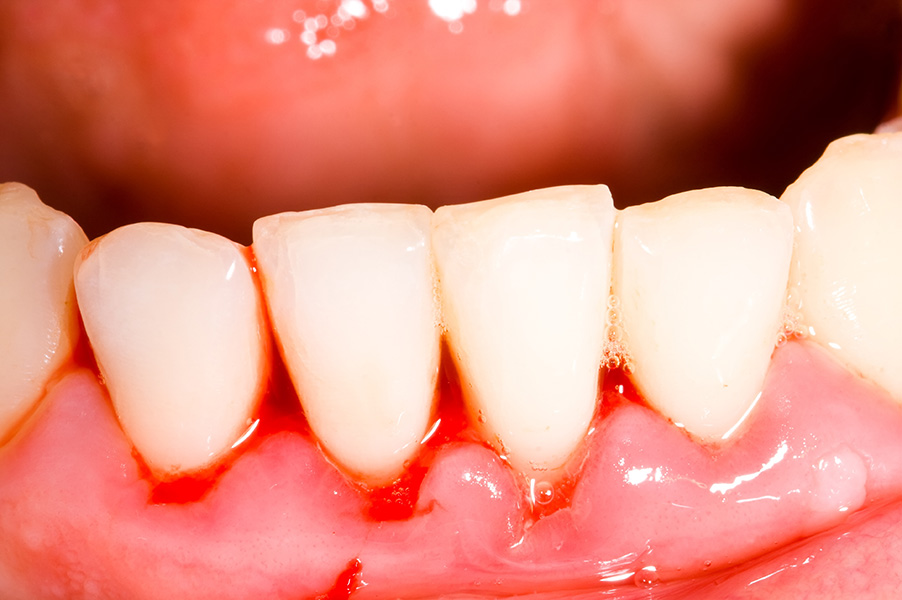
Bleeding Gums
Some people can experience sore and bleeding gums when they brush their teeth. This is often a symptom of Gigivitis and is a sign that your gums are not in the best health. This generally happens because of increased build up of bacteria (plaque / tartar) both on the teeth and below the gum line. If not addressed this can result in the bacteria eroding the bone around the tooth and lead to loose or lost teeth (periodontal disease). Regular visits to the hygienist coupled with good brushing techniques is needed to limit further damage and restore the health of your gums. For more information about bleeding gums and periodontal disease www.healthysmiles.org.nz/your-oral-health/oral-health-topics/gum-disease
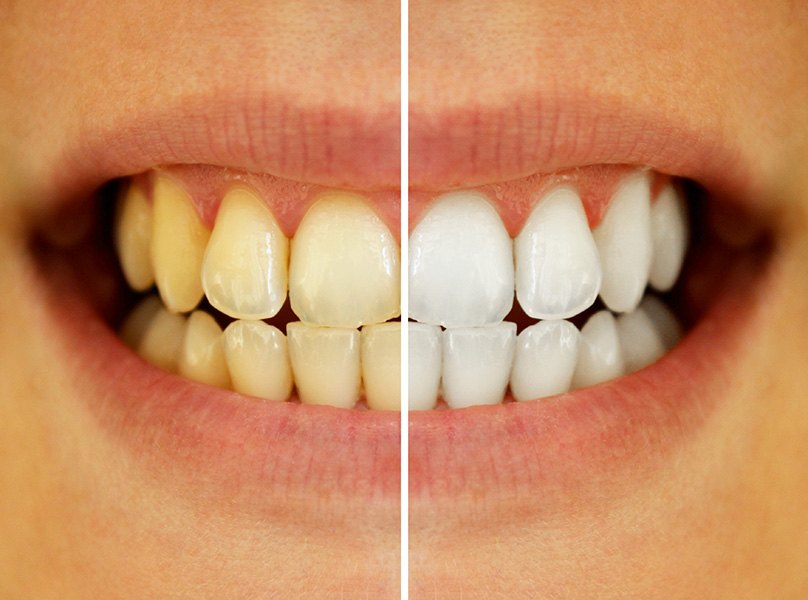
Discoloured Teeth
Teeth often become discoloured over time. The surface of the teeth can become discoloured and stained by the foods we eat, coffee, cola and sugary drinks and by smoking. The centre of the tooth can become discoloured through aging, medication and trauma (being knocked). There are many different dental techniques that can help restore the colour of your teeth. Surface staining can often be reversed by regular visits to the hygienist. Bleaching can also help whiten your teeth. Reversal of internal discolouration can require more complex dental procedures such as crowns, veneers and implants. Your Dentist can help talk through the right option for you. Visit en.wikipedia.org/wiki/Tooth_discoloration for more information.

Infected Teeth
Pain, swelling, discolouration or a nasty taste in your mouth can be caused by bacteria in an infected tooth. If left untreated it can lead to an abscess and a trip to hospital with acute tooth pain. If you are experiencing pain or discomfort with a tooth it is a good idea to visit the Dentist so they can diagnose the problem and give you options for the treatment of the infection and the tooth. The good news is not all infected teeth need to be removed. Root canal filings are one way of removing the bacteria and solving the problem. Visit www.healthysmiles.org.nz/your-oral-health/oral-health-topics to find out more.
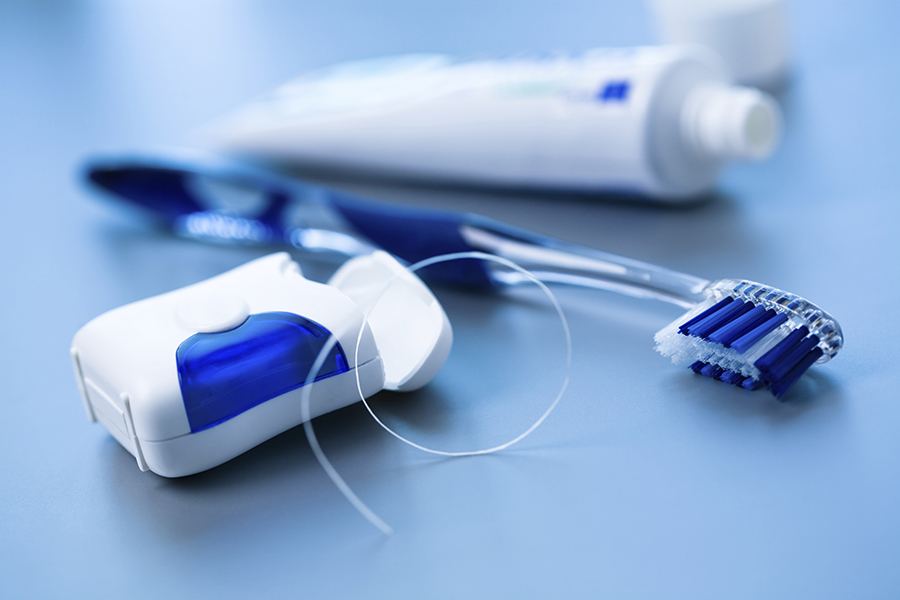
Food Trapping
Food trapping is a reality for most people but what can you do when the food gets stuck? Regular flossing between the teeth is the best way to remove food caught between teeth. Careful use of a toothpick or interdental brushes can also alleviate the issue. It is important to regularly remove any food caught in the teeth as leaving it between teeth will inevitably result in tooth decay, bleeding gums and bone loss around the tooth root. If you are regularly suffering from food trapping it may be a sign of a break or crack in a tooth, a change in the condition of an existing filling or that there may have been movement in your teeth. With the use of x-rays and photographs the Dentist will be able to assess what is happening and suggest solutions to limit this problem.
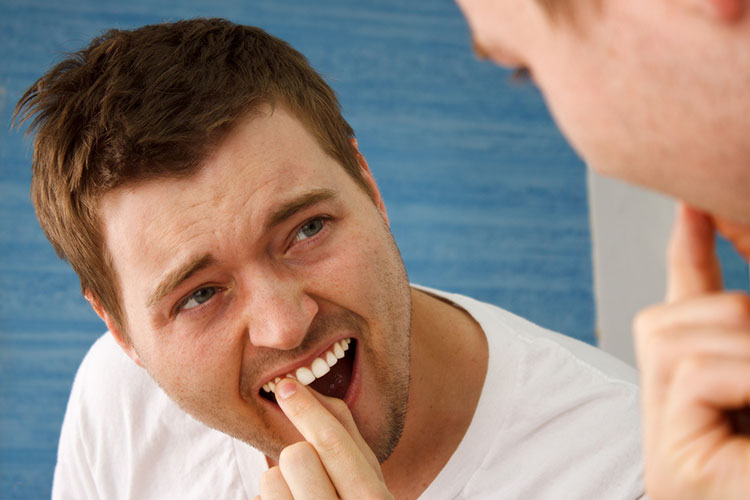
Loose Teeth
Just like a fence post in the ground your teeth need a good support structure to keep them in place and prevent them from becoming wobbly. Teeth can become loose if the gums and roots (the part of the tooth below the gum) are not kept clean and healthy. Deterioration of the root structure is often related to gum disease (sore swollen or bleeding gums associated with bacterial build up below the gum line). If left unchecked this bacteria eats away and erodes the root of the tooth causing the tooth to move in the mouth or become wobbly. The good news is that with regular cleaning and check-ups this deterioration can be prevented and in some cases reversed.

